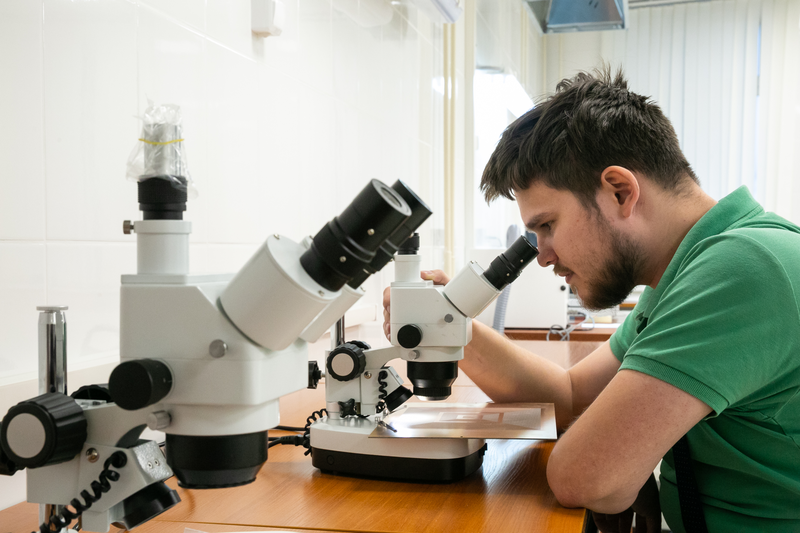Artificial intelligence is transforming every aspect of life, expanding both our capabilities and our boundaries. At the same time, it presents new challenges for humanity, including concerns about safety, ethics, and environmental sustainability. Today, each neural network leaves a significant carbon footprint. However, with responsible management, AI has the potential to benefit the planet and become a cornerstone of a sustainable future economy. Panos Pardalos, Academic Supervisor of the Laboratory of Algorithms and Technologies for Network Analysis at the HSE Campus in Nizhny Novgorod, emphasised this point as he addressed the XXV Yasin (April) International Academic Conference on Economic and Social Development.




















